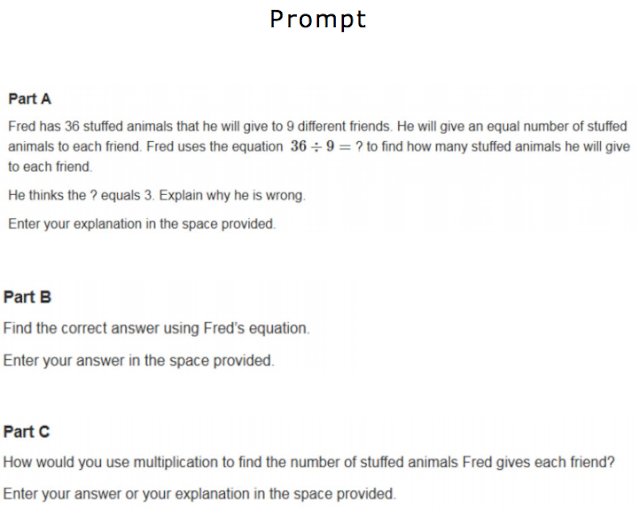We Should Learn from Assessments
In "We Aren't Using Assessments Correctly", professor of education John Hattie quotes University of Illinois' Bob Stake: "When the cook tastes the soup, it is formative; when the guests taste the soup, it is summative." Clearly, the cook tasting what he or she is preparing helps the cook decide if the ingredients are just right or not. Both cook and guests taste yet their objectives are different. Children in the early elementary years are obviously still in the early stages of basic education. Assessments of their learning at this stage should really speak more about ourselves, the educators and teachers. But as Hattie points out, this is only possible if we know how to interpret correctly these assessments.
We could learn from assessments that have been written properly and appropriately. For this reason, a good teacher often uses tests he or she has personally written. Of course, there are those who write assessments like the Partnership for Assessment of Readiness for College and Careers (PARCC). NPR's Cory Turner and Meg Anderson have recently pointed our attention to a sampling of PARCC questions in their article "A Peek Inside: What Kids Saw On A Common Core Test". One of the examples shown is a test question for third grade children:
PARCC provides guidelines on how this test question should be scored.
PARCC also shows sample responses from students and here is one:
The question "Explain why he is wrong", as treated in the above annotation seems to imply that simply providing the correct answer to 36 divided by 9 is sufficient. However, in the rubric shown, it is suggested that the student makes an attempt on how Fred possibly has arrived at the wrong answer:
However, the more important question is how can the above question help inform the teacher. This is third grade and the cook still has the soup in a kettle on top of a stove. It is the teacher that needs to see where his or her students are stumbling. In this case, the teacher may just find that the students are stumbling because they are not understanding questions that are vague and inappropriate.
We could learn from assessments that have been written properly and appropriately. For this reason, a good teacher often uses tests he or she has personally written. Of course, there are those who write assessments like the Partnership for Assessment of Readiness for College and Careers (PARCC). NPR's Cory Turner and Meg Anderson have recently pointed our attention to a sampling of PARCC questions in their article "A Peek Inside: What Kids Saw On A Common Core Test". One of the examples shown is a test question for third grade children:
PARCC provides guidelines on how this test question should be scored.
PARCC also shows sample responses from students and here is one:
The question "Explain why he is wrong", as treated in the above annotation seems to imply that simply providing the correct answer to 36 divided by 9 is sufficient. However, in the rubric shown, it is suggested that the student makes an attempt on how Fred possibly has arrived at the wrong answer:
"Fred’s mistake was that he might have used the wrong multiplication fact to find his answer. He used 9 x 3 instead of 9 x 4. Because 9 x 4 = 36, then 36 ÷ 9 = 4."Honestly, since I am not seeing Fred's detailed solution and I am not able to read's Fred's mind, I really should not be able to tell if the above explanation is correct or not. The above question is actually inappropriate for a third grade assessment.
However, the more important question is how can the above question help inform the teacher. This is third grade and the cook still has the soup in a kettle on top of a stove. It is the teacher that needs to see where his or her students are stumbling. In this case, the teacher may just find that the students are stumbling because they are not understanding questions that are vague and inappropriate.






Comments
Post a Comment